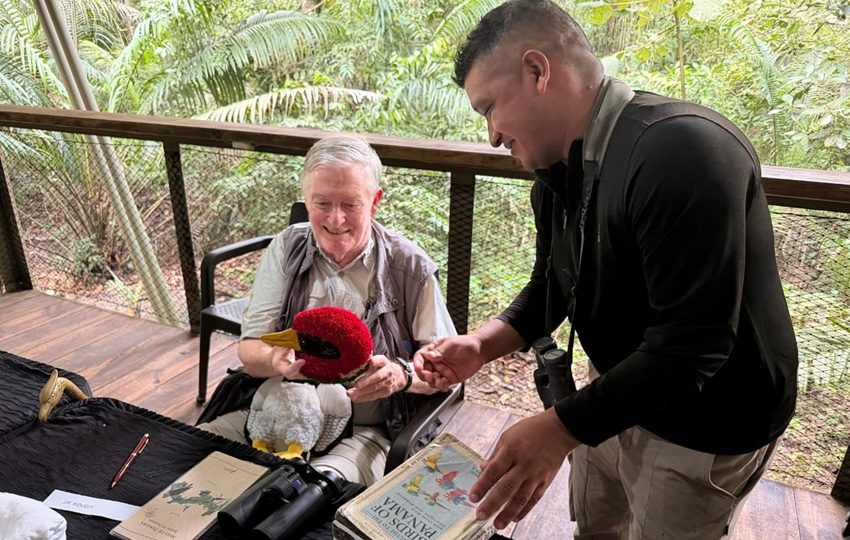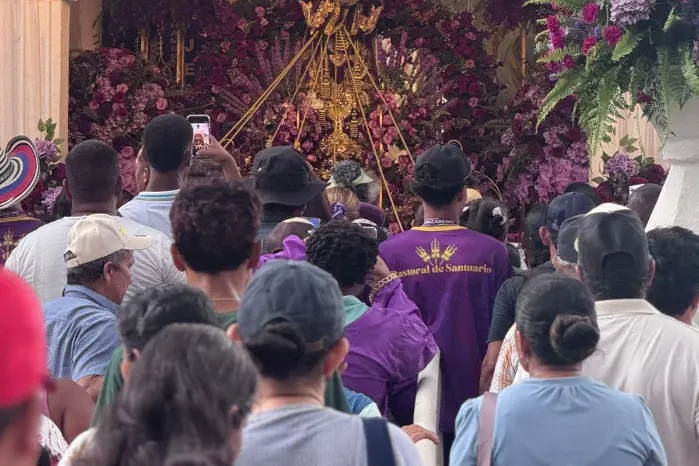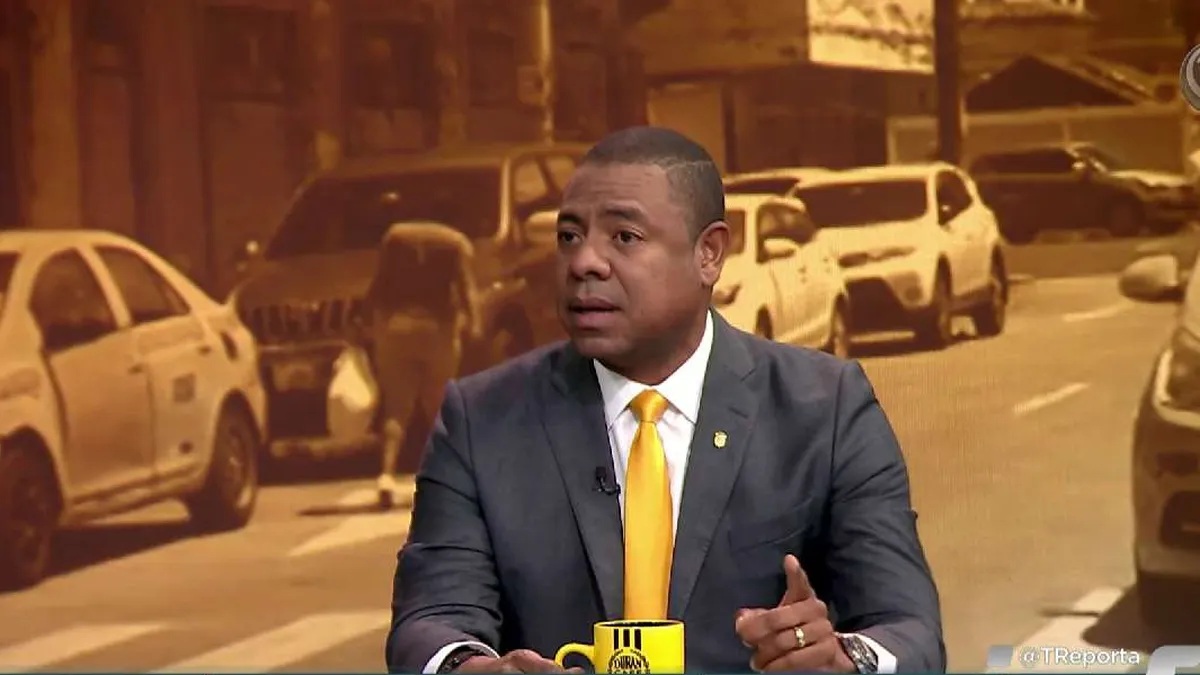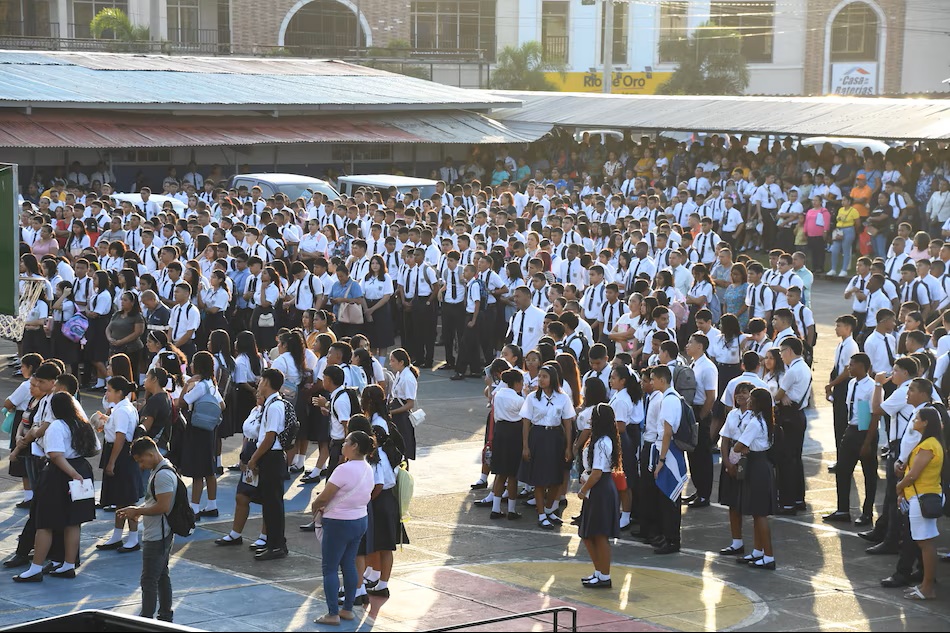Mulino Offers Maduro Asylum in Panama to Solve Crisis in Venezuela
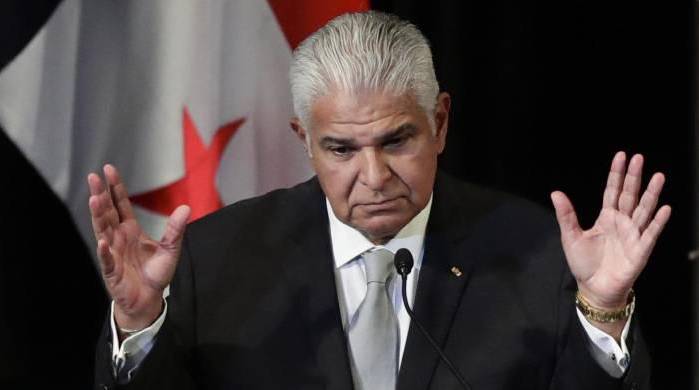
Panamanian President, José Raúl Mulino, reiterated on Friday that he would be willing to grant political asylum to Venezuelan President, Nicolás Maduro, to resolve the crisis in the Caribbean country following the disputed presidential elections on July 28. “If this is the contribution that Panama can make to help out, by providing some land so that this man (Maduro) and his family can leave Venezuela, Panama would do it, without a doubt,” Mulino said in an interview, in which he maintained his position of offering asylum in order to be a facilitator in the crisis.
Mulino also did not rule out the option of offering political asylum to other members of Chavismo, if necessary. “Panama will cooperate to the extent that it can. And if that is the level of cooperation (extending asylum) that we have to provide, I would do it,” added the Panamanian president, who has been a staunch critic of the Venezuelan elections, even before they were held and the situation that arose after them.
Mulino “transmitted” to the President of Brazil, Luiz Inácio Lula, through the Foreign Ministry, Panama’s willingness “to be the bridge,” although, he added, he does not believe “that he (Maduro) can stay in Panama,” since that “would cost him a lot to sell it to the population, but it is not the first time that Panama has helped with a crisis of this nature.” The Brazilian president, along with Colombian President, Gustavo Petro, and Mexican President, Andrés Manuel López Obrador, have opted for a more cautious stance following the announcement of the election results in Venezuela, by abstaining or not voting in the Organization of American States (OAS) on a failed resolution.
Venezuela’s National Electoral Council (CNE) declared the current president of that country, Nicolás Maduro, the winner with more than 51% of the votes, but without providing any evidence, unlike the majority opposition platform, which has shown electoral records showing its candidate, Edmundo González Urrutia, as the winner by a wide margin. Mulino pointed out several times during the interview that “this is not the first time that Panama has faced this type of problem with political figures on the run” and that “there have been other leaders on the run, who have landed here, with the idea that Panama would help to provide a solution to their political and internal problems.”
The Panama president recalled the cases of former Argentine President Juan Domingo Perón in 1956, that of Guatemalan Jorge Serrano Elías (1990-1993) and former Haitian coup general Raoul Cedrás (1991-1994), to whom Panama granted asylum. Panama has recognized Edmundo González as the “elected president” after considering the elections in Venezuela fraudulent. Both countries suspended diplomatic relations and closed airspace.


